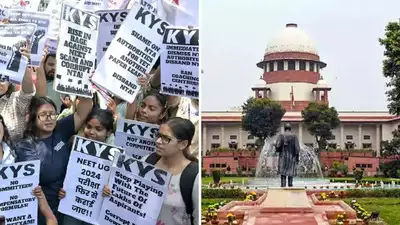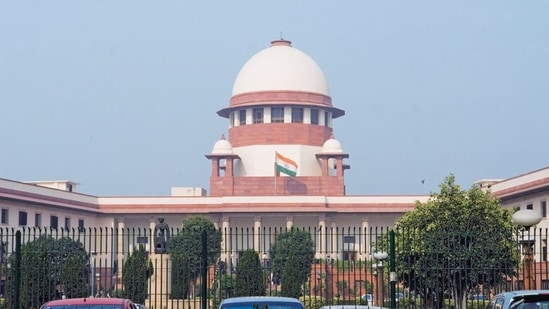In a recent ruling, the Supreme Court of India decided against canceling the results of the National Eligibility cum Entrance Test (NEET), affirming that there was insufficient evidence to support claims of a systemic leak. The court’s decision came after petitions were filed questioning the integrity of the examination process and alleging widespread malpractices.

Source:- BBC news
The petitioners had argued that irregularities in the examination process indicated a possible leak, which they believed compromised the fairness of the results. They requested the court to annul the results and order a retake of the exam. However, after a thorough review of the evidence and data presented, the Supreme Court concluded that there was no concrete proof of a systemic leak affecting the entire examination.
Source:- India Today
The court’s decision was based on the findings from an extensive investigation into the examination process. Reports and data reviewed did not indicate any substantial, coordinated breach that would warrant the cancellation of the results. The examination authorities provided assurances about the measures in place to prevent and address any irregularities, including stringent surveillance and anti-cheating mechanisms.
In its ruling, the Supreme Court emphasized the need for maintaining the integrity of the examination process while also ensuring that any claims of malpractice are substantiated with clear evidence. The decision underscores the court’s role in balancing the interests of fairness in the examination process with the need to uphold the validity of results when no systemic issues are proven.
This ruling has significant implications for the NEET candidates and the broader examination community, reinforcing the importance of evidence-based claims and the rigorous standards upheld by the judiciary in overseeing educational assessments.
Share your view sin the comments

